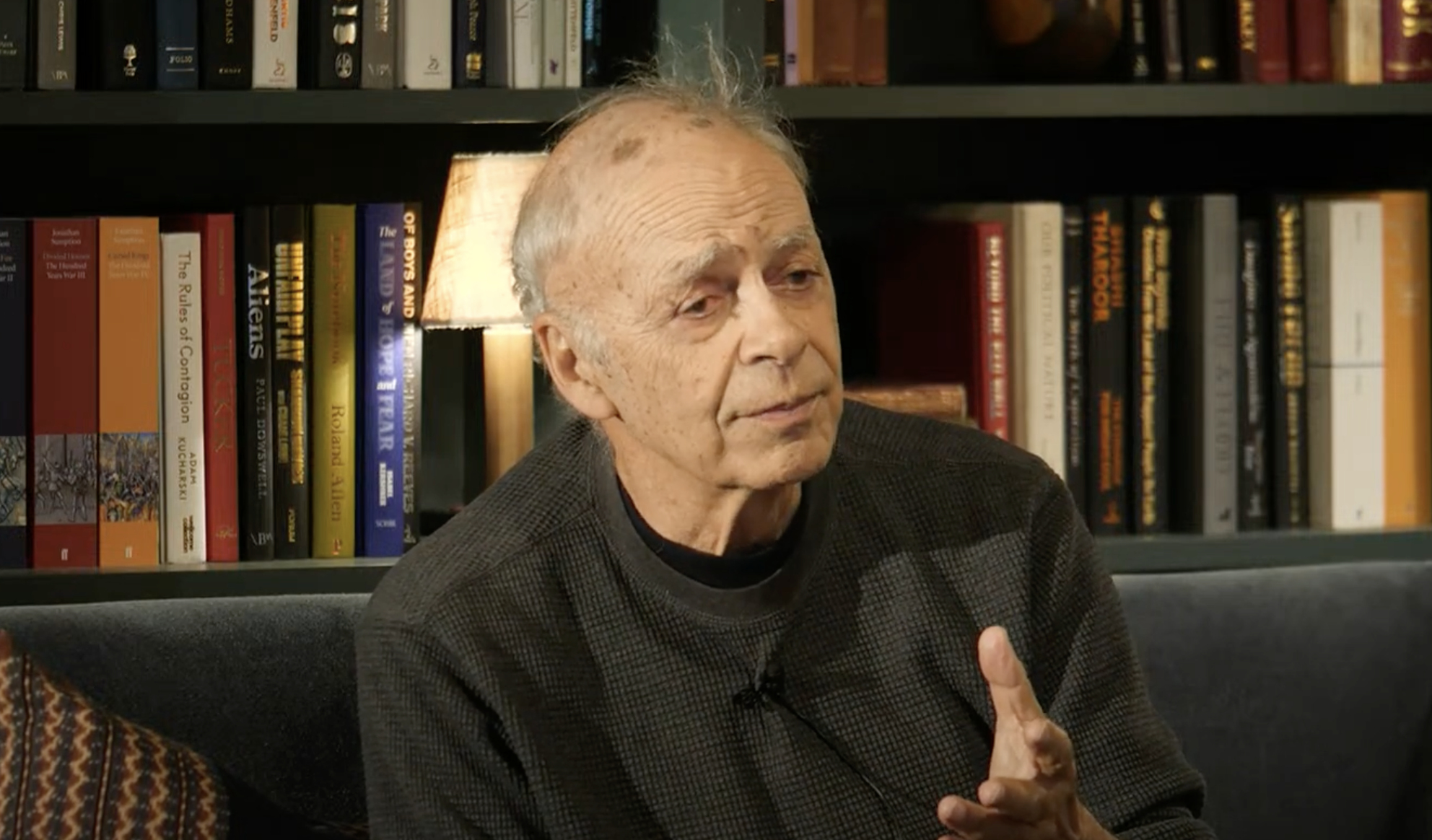Philosopher and bioethicist Peter Singer has stated that he would be open to assisted dying under the right circumstances.
In a discussion at the UnHerd Club on Tuesday, Singer was asked whether he’d opt for assisted dying if he had dementia or another illness significantly affecting his quality of life. “Yes,” Singer said. “I would, and my wife would as well.”
He added that he supported the practice more generally, arguing that if a mentally competent person makes it clear in advance, then “we should respect that decision”. “You might say on balance that [a] person’s life is a pleasant one, the person is not suffering from any painful conditions,” he said. “But if, when they were competent, they say ‘I don’t want to live like that’ and you have some test like ‘I can no longer recognise my children or know who they are, and I don’t want to live past that point’, I’m inclined to think we should respect that decision”.
Singer, a utilitarian, believes ethical decisions should be made based on which course will maximise human happiness for those affected. He was decades ahead of the curve in his support for a bioethics that maximises personal autonomy and choice, and many of his recommendations, including allowing assisted suicide and surrogate pregnancy, have been implemented in recent years — to a mixed public reception.
The Medical Assistance in Dying (MAiD) programme in Canada, for example, has drawn international outcry in recent years for its liberal approach to assisted dying. Singer was not concerned about Canada’s MAiD programme, arguing that a high uptake might reflect societal problems contributing to poor quality of life, rather than the law itself. “If there were people who had lots of life left, then that would be disturbing,” he said, “not necessarily because the law was wrong, but because we couldn’t make their living conditions good enough for them to want to live right out to the end.”
Singer also maintained his support for surrogacy, saying he would accept the practice becoming universal so long as the women involved gave full consent. However, he expressed doubt about the practice ever becoming that widespread. “If the surrogates were not being exploited in any way…and enjoyed giving birth to a child and creating new life,” he said. “And they were well remunerated for it and it was better than the other options they had, I could accept that.”
While he acknowledged concerns about the exploitation of surrogate mothers, it didn’t change his position, which is that the industry should be tightly regulated with government-determined fees. “I think, definitely, on life and death decisions in healthcare, I think the world has moved quite perceptibly closer [to me]”.











Join the discussion
Join like minded readers that support our journalism by becoming a paid subscriber
To join the discussion in the comments, become a paid subscriber.
Join like minded readers that support our journalism, read unlimited articles and enjoy other subscriber-only benefits.
Subscribe